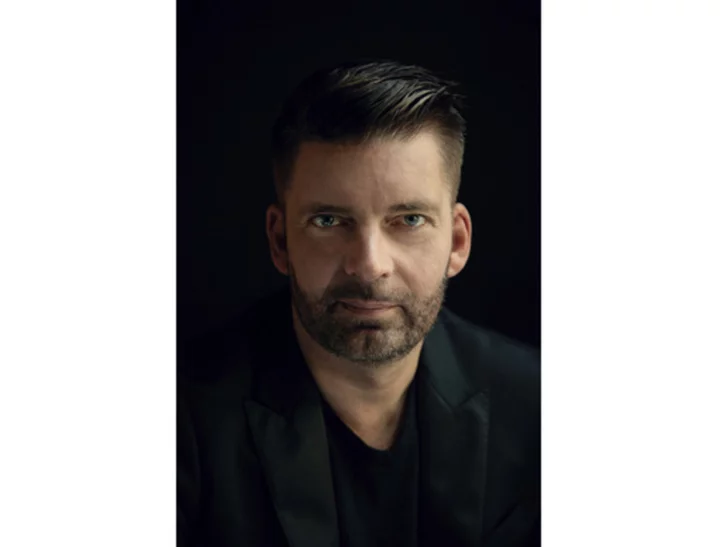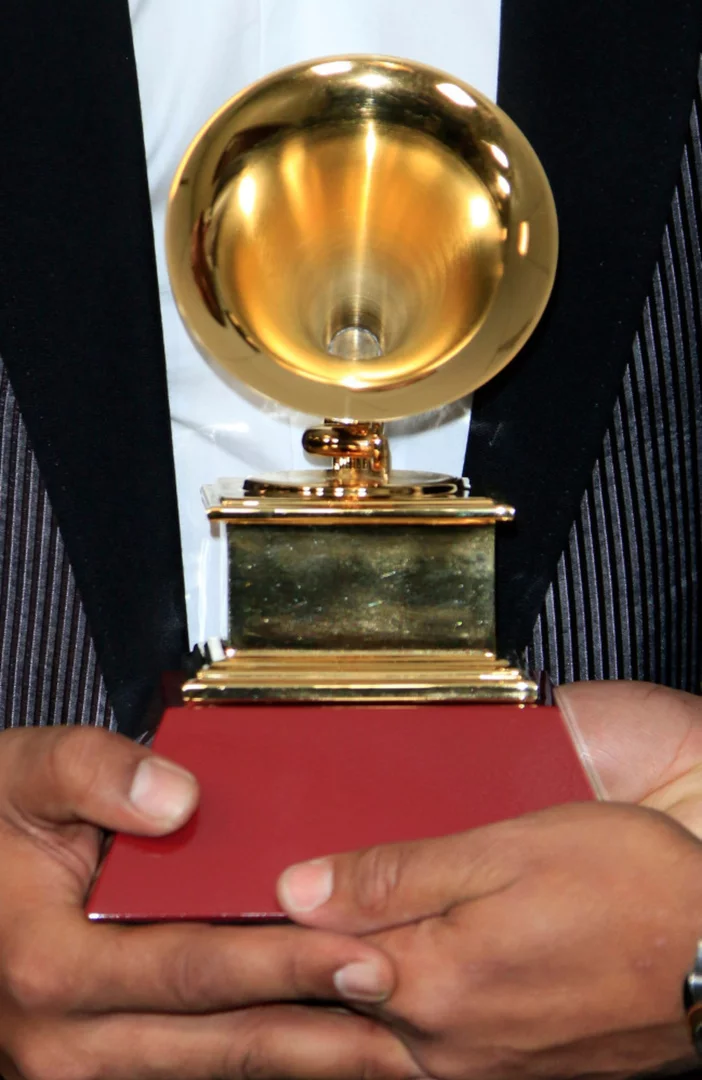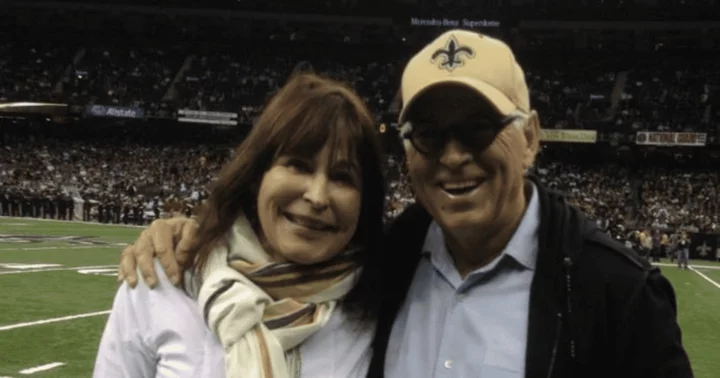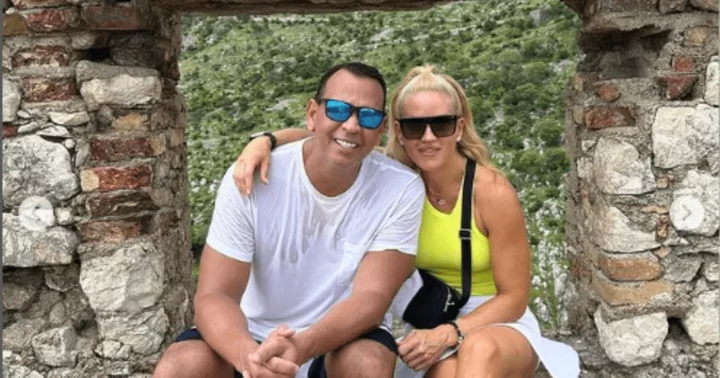Matthias Pintscher will become music director of the Kansas City Symphony for the 2024-25 season, offered the job just five days after conducting the orchestra for the first time.
His appointment on a five-year contract was announced Tuesday. The 52-year-old had not led the orchestra or been to Kansas City until arriving for rehearsals two days ahead of concerts from March 3-5.
“It didn’t feel like a debut, didn’t feel like a first encounter,” Pintscher said in a telephone interview. “It was spontaneous, inspired. They cared so much about the colors and everyone was so tuned into enhancing the phrasing and articulation. They were so responding to my gestures, to my eyes.”
Pintscher, who also is a composer, is committing 10 weeks per season to the orchestra, of which eight or nine will be leading concerts and at least one devoted to community work. He will succeed Michael Stern, who ends a 19-year tenure with the 2023-24 season.
"It was really just that instant chemistry that we saw on the podium from our musicians, from our audience, from him,” Kansas City Symphony President Danny Beckley said. “We had seen probably 20-plus conductors prior to Matthias, and we had some really good weeks with people, but none of them have had that level of just chemistry.”
Pintscher conducted György Ligeti’s “San Francisco Polyphony,” Ravel’s Piano Concerto in G Major and “Rapsodie espagnole” and Scriabin’s “The Poem of Ecstasy” in his March program. He was in New York on March 6 when Beckley called him.
“This is going to knock your socks of,” Beckley remembered saying. “We would like you to be our next music director.”
Pintscher's time in Kansas City will replace his current commitment to Paris’ Ensemble Intercontemporain, where he has been music director since 2013-14 in a tenure that runs through the current season.
Beckley said the Kansas City Symphony experienced a drop of about 25% in ticket sales at 1,600-seat Helzberg Hall after the pandemic, similar to many U.S. institutions, but said figures had started to rebound.
A leadership role in a U.S. orchestra usually involves significant financial planning. After Pintscher's first concert there, he had dinner with donors and musicians at Farina, a restaurant owned by William M. Lyons, the symphony's board chair from 2013-19.
”I have not been actively involved in major fundraising, how it will be now, but I’m a people person. I love to connect,” Pintscher said. “I’m actually hungry and curious to meet the people in Kansas City, and I met quite a lot of them already because the board of the symphony consists of lots of donors and their friends. So I think it was a good start. I also really felt the entire trust from the board.”
Pintscher lives in New York and anticipates continuing to compose mostly during summers. Pintscher said musicians in the orchestra asked if they could play one of his works but he said he wants to concentrate on conducting first and his programming one of his compositions likely would wait until at least his third season.
His leadership role with the Paris orchestra has given him perspective.
“If a wolf leads a pack, he leads it from behind because he sees better what is going on,” Pintscher said. “I always like that image: you monitor, you supervise, you listen.”









